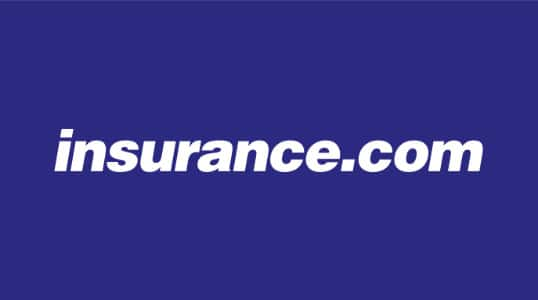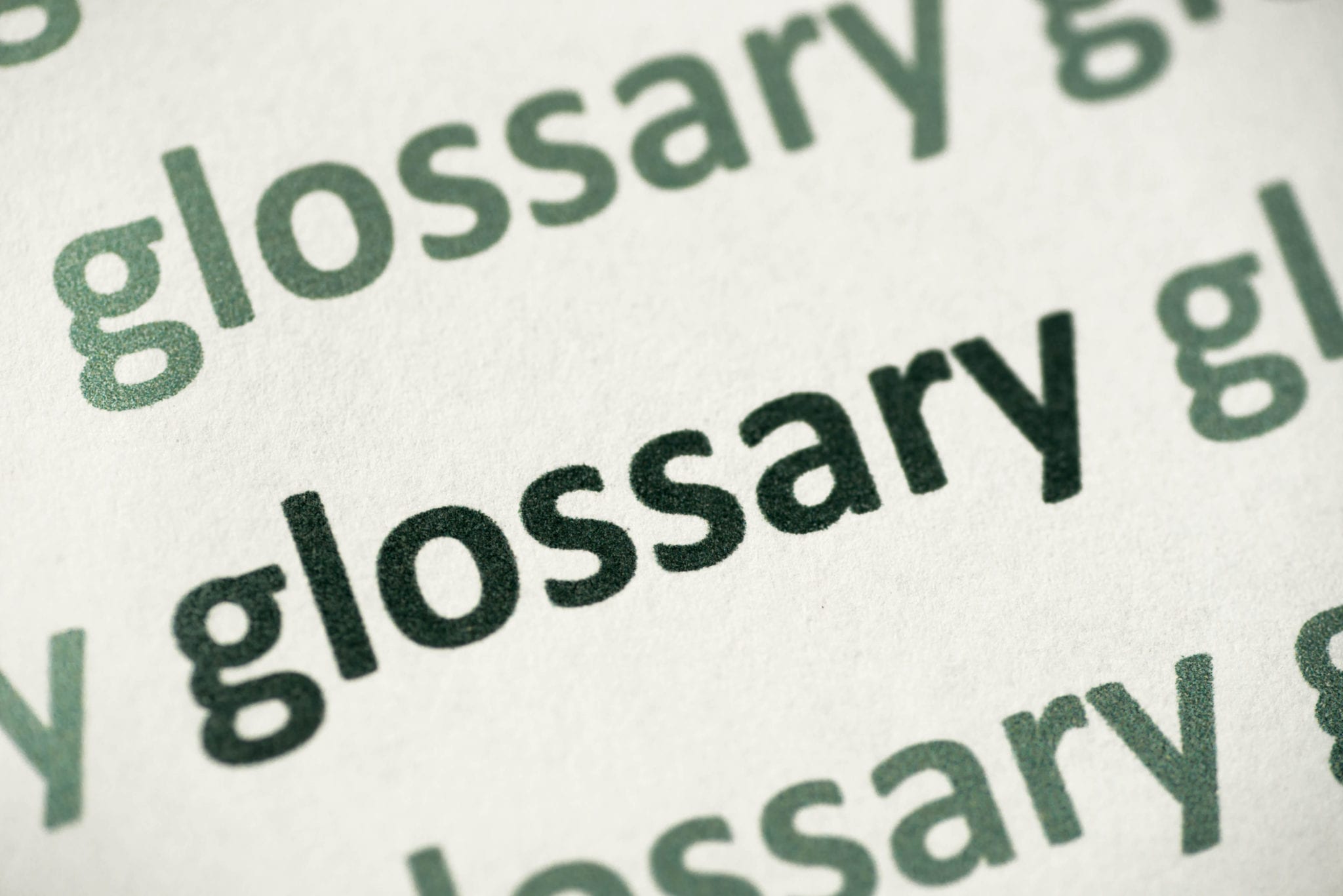Created by the Legislature in 1987, the Surplus Lines Stamping Office of Texas (SLTX) is a non-profit unincorporated organization that functions to ensure the integrity of the excess and surplus lines insurance market.
Accident: (1) In common usage: an unforeseen and unplanned event or circumstances; or an unfortunate event resulting especially from carelessness or ignorance (Webster’s Dictionary). In insurance parlance, a term that is included within the insuring agreement of many types of liability insurance. In a few cases, the word “accident” is a defined term within the policy. In most cases, however, common law becomes the determinant of what is, or is not, an accident for purposes of triggering coverage. (2) In boiler and machinery (BM) insurance, “accident” is defined within the policy to mean a sudden and accidental equipment breakdown that causes damage to the equipment that necessitates repair or replacement. BM coverage applies to loss or damage resulting from an accident to a covered object. (3) In liability insurance, particularly older forms, the insuring agreements typically covered injuries or damages caused by an accident that was not the result of a deliberated intended act (even if the intended act caused an unexpected result). The term accident was undefined in such policies. The coverage trigger in the insuring agreement of modern liability policies, such as the commercial general liability (CGL) policy, applies to an “occurrence,” which is defined to mean an accident, including continuous or repeated exposure to substantially the same general harmful conditions. Unlike most other modern liability policies, the commercial auto liability insuring agreement continues to apply to injuries or damages caused by an “accident.” In this case, the policy includes a definition, of sorts, of the term “accident”—that is, “[a]ccident” includes continuous or repeated exposure to the same conditions resulting in “bodily injury” or “property damage.” The personal auto policy’s (PAP’s) liability insuring agreement states that the insurer will pay damages for bodily injury or property damage for which any insured becomes legally responsible because of an auto accident. In this type of policy, the term accident is used in its ordinary sense, without including it as a defined term.
Adjuster: One who settles insurance claims. This typically involves investigation of the loss and a determination of the extent of coverage. In the context of first-party (e.g., property) insurance, the adjuster negotiates a settlement with the insured. In liability insurance, the adjuster coordinates the insured’s defense and participates in settlement negotiations. Adjusters may be employees of the insurer (staff adjusters) or of independent adjusting bureaus (independent adjusters) that represent insurers and self-insureds on a contract basis. Public adjusters are consultants who specialize in a-sisting insureds in presenting claims to insurance companies in a manner that will maximize their recovery.
Admitted company: A company licensed or authorized to sell insurance to the general public. In the United States, admitted companies are licensed on a state-by-state basis and differentiated from surplus lines insurers, which are authorized to sell insurance in a state on a nonadmitted basis.
Agent of record: The individual or company authorized to represent an insured in the purchase, servicing, and maintenance of insurance coverage with a designated insurer. Most insurance companies will not disclose any information or discuss an insured’s account with any agent other than the agent of record. An insured wishing to change insurance agents must submit a revised agent of record letter to the insurer authorizing them to release the insured’s information and to discuss the insured’s coverage with the new agent.
Aircraft insurance policies: Claims or suits that arise out of the ownership, maintenance, or use of aircraft are generally excluded under the standard commercial general liability (CGL) forms. Businesses that elect to use private aircraft in their operations must purchase specialty insurance to cover their aircraft liability loss exposure: aircraft liability coverage or stand-alone nonowned aircraft liability and perhaps excess aircraft liability coverage as well. Coverage for third-party aircraft liability is often provided, which also includes hull (physical damage) and medical payments coverages. Aircraft policies are not standardized and vary widely. Some insurers offer policies that combine aircraft liability and hull with other aviation coverages, such as aircraft products liability, airport liability, land-based general liability, and hangarkeepers liability coverage.




















